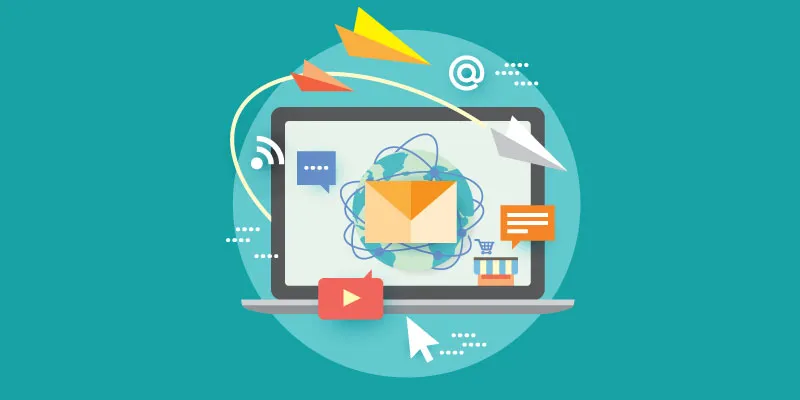Email marketing done right can help you beat your audiences' trust issues
In the initial days of the internet, people trusted information published online the same way they would believe in the articles they read in magazines or the print-ads they came across in newspapers. People strongly vouch for offline information because they believe that it passes several editors and is published only when all the facts in the article are verified. In the early days of the web, people regarded material on the web in a similar fashion, but that's a thing of the past now. This is because a group of marketers provided respectable looking information in the garb of bad quality products. When millions of web users were deceived in a similar way, they began to develop trust issues with everything sold online. Today, when you scroll through the internet and come across a product that resolves to solve your biggest problem in a matter of a few hours, don't you halt and think, ‘That can't be right!’? It is for this reason that more and more marketers today are using email marketing to beat their audiences' trust issues.

Image : shutterstock
When it comes to dealing with an entire population's trust issues, big companies probably have it easier than their smaller counterparts for one simple reason – they have an established brand. For example, German cars like Audi and Mercedes are known for their luxury and reliability. And when you have an established brand, people stick some trust to your brand. However, founders of big companies will tell you that building trust isn't a cakewalk either. For example, Amazon has millions of products on its website and yet it has to show user-generated ratings to gain the trust of its audience.
Email is always seen as a second-step web traffic source. People don't subscribe to an email list before visiting a website. They visit a website and that's where they are asked to perform a sign-up. When they sign-up, they are added to a company's list of contacts and the company then mails them updates on the launch of their new product and discounts.
Email is the first step to building trust because a lot of people treat their mail inbox as their personal space where they interact with close family and friends. Even today, several people place high value on the information they receive via email as compared to any other online source. Companies view the sending of emails as a personal interaction with their target audience. It is for this reason that most brands view emails as a good first step to building trust.
Once companies have laid the foundation of trust, they need to send the first emailer to their prospect within a few days. If not, the prospect is likely to forget that they subscribed to any such newsletter and unsubscribe immediately. Brands should try to send out at least one newsletter per week. But quality of your newsletter shouldn't be compromised for quantity. If your newsletter doesn't add any value to your customer's life, they are likely to unsubscribe.
Companies should strive to constantly grow their email list and they should refrain from generating trust for worthless products. If companies are able to draft an email marketing strategy perfect for their brand, they will gain the trust of their audience without difficulty.










